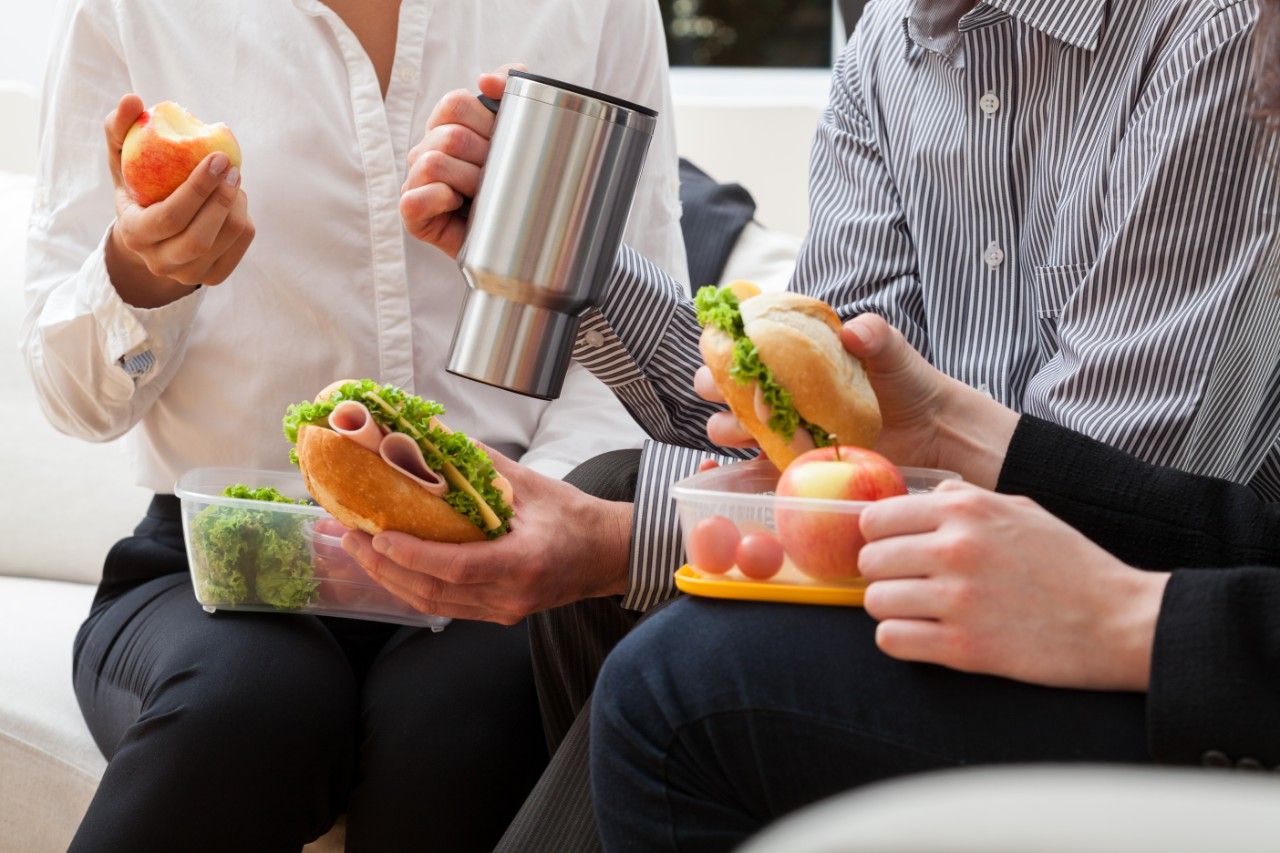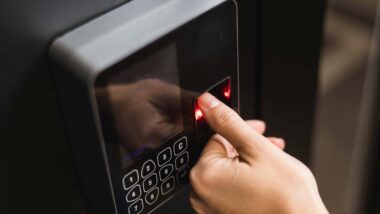Top Class Actions’s website and social media posts use affiliate links. If you make a purchase using such links, we may receive a commission, but it will not result in any additional charges to you. Please review our Affiliate Link Disclosure for more information.
A lawsuit alleging a commercial printing company committed California labor law violations by denying meal breaks moves forward after a federal judge narrowed the action and granted certification to a class who claim they were improperly deprived of meal breaks.
The judge’s ruling on Sept. 17, 2020 also approved a subclass of members in the action who contend they weren’t sufficiently reimbursed for purchasing steel-toed work boots which were required by the employer.
The meal break lawsuit was filed against Quad/Graphics, Inc. and its subsidiary, QG Printing II, LLC by Plaintiff Paul C., who worked in the press production area of one of QG Printing’s California facilities. The class action was proposed on behalf of hundreds of non-exempt hourly employees on May 29, 2018, in the Merced County Superior Court in California. Shortly after the filing, the action was removed to the United States District Court for the Eastern District of California.
What are the California Labor Law Violations Alleged in the Meal Break Lawsuit?
According to Paul’s allegations in the meal break lawsuit, QG Printing used meal waivers in its California facilities, denying employees the meal breaks to which they were legally entitled, without compensating them the automatic premium pay they should have received for the missed breaks.
Although meal break waivers are allowed under California law in specific instances, employers may also be required to compensate employees for the missed breaks.
According to the judge’s ruling on September 17, 2020 limiting the class, the allegation that waivers were executed for shifts of certain lengths and part of the hiring process is undisputed. As stated in the Order on Plaintiff’s Motion for Class Certification, Paul asserted “that the prospective nature of these waivers make them ineffective,” and QG Printing’s employees are entitled to premium pay in connection with missing the breaks.
While the printing company didn’t deny the use of the meal break waivers, it maintained the “waivers were valid,” according to the order certifying the class.
Under California labor law, employees who work for more than six hours a day must get a 30-minute meal break by their fifth hour on the clock. However, the break may be “waived by mutual consent of the employer and employee.” For shifts over ten hours, a second meal break of 30 minutes must be provided to employees and can only be waived if the employer and employee agree, but only if the first meal period was not waived.
What Other Labor Law Violations Are Alleged in the Class Action Lawsuit?
The court also allowed claims related to workplace safety boot reimbursement to move ahead in the meal break lawsuit, certifying a business expense subclass.
In the lawsuit, Paul claimed that the printing company failed to meet its legal obligations to provide sufficient reimbursement for purchasing steel-toed boots, which were required to be worn for safety purposes.
Although the printing company’s policy was allegedly to reimburse employees up to $50 per year for the boots, Paul argues that the allowance was not enough to purchase adequate steel-toe boots. In the order granting class certification, it was specified that one employee claimed to have spent $400 on steel-toed boots — another spent $200.

California labor law generally requires employers to reimburse employees for “necessary expenditures or losses” incurred in connection with their work duties.
What are California’s Meal Break Laws?
Employers in California must adhere to strict workplace laws mandating that employees not work more than five hours without getting a 30-minute break. Employees can waive a lunch break if they work for six hours or less, and both the employer and employee agree upon the waiver.
By law, employees on the clock for more than ten hours each day are entitled to two 30-minute breaks. If no more than 12 hours are worked during the day, an employee can waive the second break, as long as the first meal break wasn’t waived.
Employees are not paid for the legally mandated meal breaks, as long as no work is done during that time. If an employee works during their meal break, an employer must pay them one hour of their regular pay for each workday they are not provided with one.
If employees are required to take their meal breaks at work, the employer must ensure there is a suitable location to do so.
Although employers aren’t required to ensure that no work is done during breaks, they must take more action than just making the required break “available.” According to the California Department of Industrial Relations, employees must be relieved of their duties and have a “reasonable opportunity to take an uninterrupted 30-minute break.” Employers may also not make schedules that impede workers from taking their breaks and meal periods or encourage skipping them.
What Are My Rights If My Employer Didn’t Provide a Meal Break?
Workers in California who were denied meal breaks may be entitled to compensation from their employers. Depending on the facts, an employee may be able to file a class action lawsuit for wage and hour violations if the employer did not comply with the law. There have been several notable class action lawsuits related to California wage and hour claims resulting in sizeable class action settlements in recent years. An experienced wage and hour class action attorney can best advise of the legal rights and remedies for employee wage and hour violations.
The QG Printing Meal Break Lawsuit is Case No. 1:18-cv-0089-AWI-EPG in the United States District Court for the Eastern District of California.
Join a Free California Wage & Hour Class Action Lawsuit Investigation
If you were forced to work off the clock or without overtime pay within the past 3 years in California, you have rights – and you don’t have to take on the company alone.
ATTORNEY ADVERTISING
Top Class Actions is a Proud Member of the American Bar Association
LEGAL INFORMATION IS NOT LEGAL ADVICE
Top Class Actions Legal Statement
©2008 – 2024 Top Class Actions® LLC
Various Trademarks held by their respective owners
This website is not intended for viewing or usage by European Union citizens.















